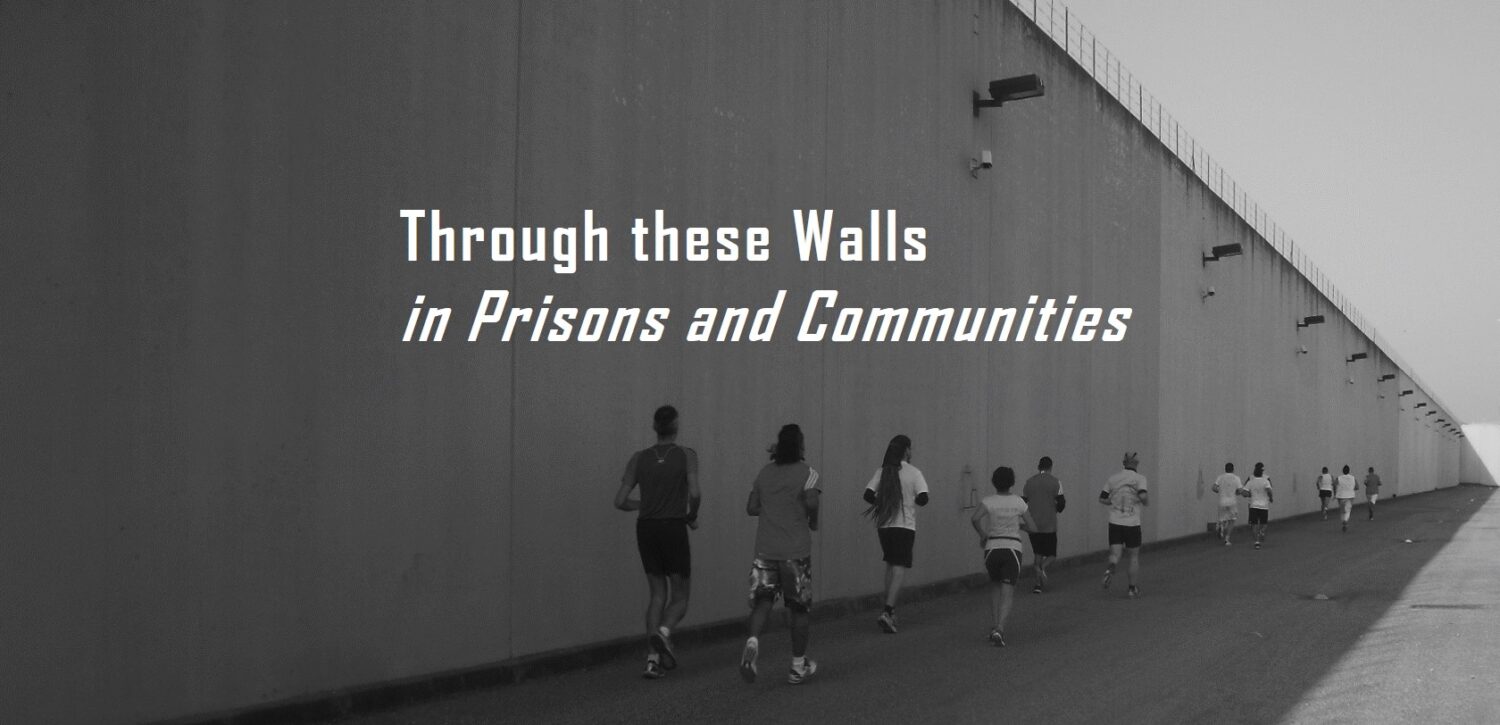Urgency
Reoffending and rehabilitation in prison environment
Prisoners are often ill-prepared for release at the end of their sentence, and a return to society can be experienced as very difficult. Reoffending rates for those released from prison remain stubbornly high. The experience of imprisonment often co-exists amongst factors such as educational disadvantage, health inequality, unemployment, addiction, family breakdown, and poverty. The notion of rehabilitation is presently much contested and ambiguous. Some social research (Maruna 2012) points out that prisoner reintegration as it is currently practiced especially through contemporary rehabilitative programs, is a failing ritual reinforcing pre-existing disadvantages (eg. educational) and inequalities (eg. health).
We need a new idea of education and health
Runforever is an educational project, where education is not teaching but leading out into the open. In fact it brings attention to a different idea of education in the sense of educere-leading out (Ingold 2018, Masschelein 2010). This is different from more traditional understanding of education as educare – transmitting knowledge. In fact educere fosters existential transformation. This project will be an example of this approach. It will address the question: what does education mean in the prison setting? And more generally: what do we mean by education? Many diverse forms of adult education are currently offered as rehabilitative practices within prisons around the world. The rehabilitative perspective assumes that prisoners, like pre-school children, are not yet fully formed human beings and therefore in need of some form of knowledge. These programmes follow the discredited medical model of imprisonment which views the prisoner primarily as something broken in need of fixing or as an object in need of treatment. Reframing education as treatment reduces the individual to a patient, a subject, somebody that something is done to, rather than with. Therefore some of these programmes, have been criticised as attempts by the state to “responsibilize,” “redeem,” or “normalise” the socially excluded.
What do “reoffending” and “rehabilitation” mean in the context of health and education? Prisoners are often framed as patients or school children by rehabilitative programs and pressed by expectations of recovery or of learning achievements or skills. What the educational experience of the wall of the marathon which fosters the capacity of running forever and abandoning the need of reaching the finish line, inspire to prison education, health and wellbeing? These initial ideas will enable tracing an interdisciplinary and more-than-academic path at the intersection between prison environment, education and health highlighting values of social and cultural difference within the background of systemic transformation.
Covid and contemporary social context
Covid has exacerbated the time that prisoners spent in their cells and magnified their sense of loss of freedom. Other than metaphorical, the sense of grief and loss has also been a real one for many people in the prison and more generally for the all community due to covid.
Horizon
Runforever proposes small actions participating to wider systemic change. Its commitments are counter cultural:
- humanize healthcare beyond the paradigm of the clinical gaze and addressing the existential (Hannah, 2014)
- promote a new understanding of education as leading out (rather than teaching)
- resists conventional forms of evaluation by co-creating value from the inside
- learning to run forever: the commitment is for a shift of values countering the dominant logic of the winner
- foster a future society based on difference and variation
